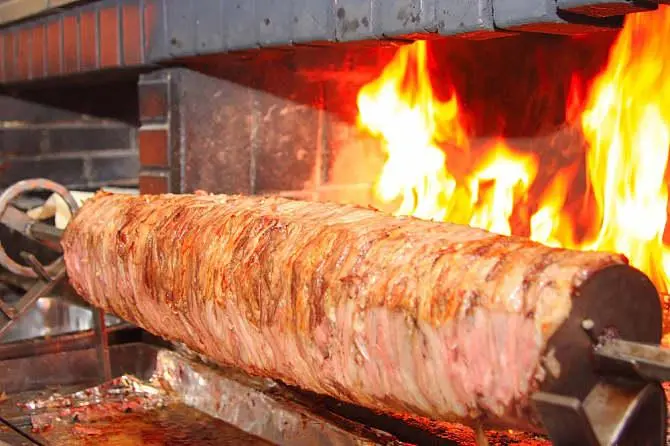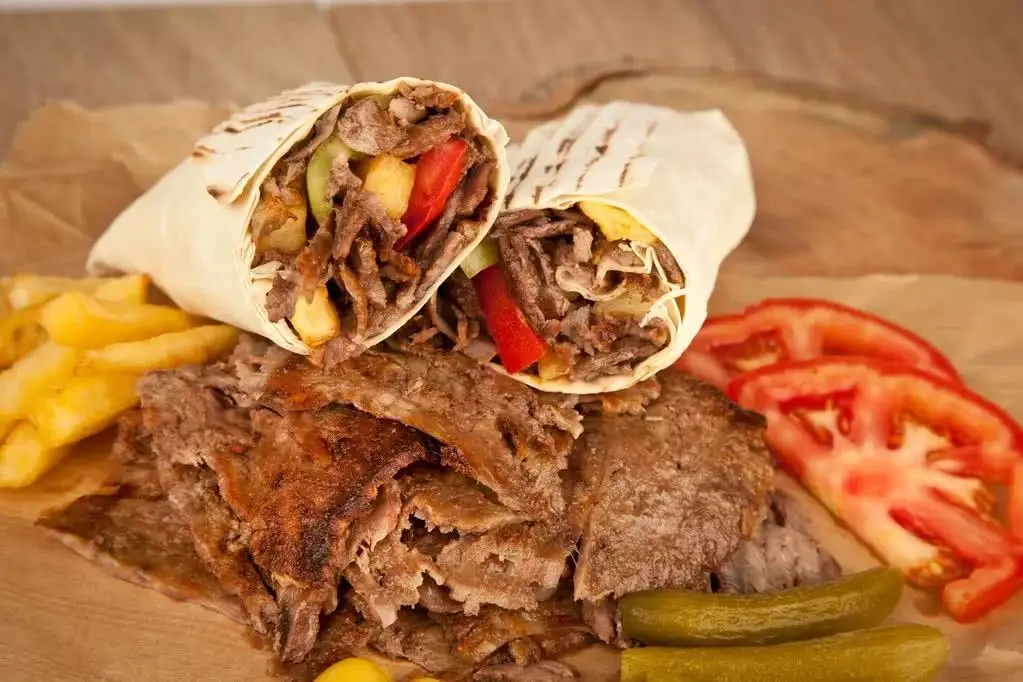Turkish Barbecue: Kebab
By Davis | Mar 24, 2023
Turkish barbecue, also known as "kebab," is one of the most representative dishes in Turkish cuisine. It is renowned worldwide for its unique cooking method and rich flavors, enjoying immense popularity across the globe.

The origins of Turkish barbecue can be traced back to the ancient Persian Empire. Soldiers used to skewer meat on long spears and cook it over flames as field rations. Over time, this cooking method evolved and improved, eventually developing into the distinctive Turkish way of barbecuing.
During the grilling process, the meat rotates slowly and hangs over the fire, ensuring that each piece is evenly cooked. This grilling technique results in a golden and crispy exterior while maintaining a tender and juicy interior.

The unique flavors of Turkish barbecue also stem from its seasoning. One key seasoning is "sumac," a tangy spice derived from plants that imparts a distinctive acidic taste to the grilled meat. Additionally, Turkish barbecue employs other common seasonings such as the mixed spice blend called "baharat," garlic, olive oil, and salt. These seasonings contribute to the diverse and flavorful profile of Turkish barbecue.

For those who enjoy Turkish barbecue, I recommend trying some classic dishes. Firstly, there is the "döner kebab," where thinly sliced grilled meat is placed inside bread or flatbread along with fresh vegetables, pickles, and special sauces. This is a highly popular fast food item found in Turkish restaurants and street food stalls. Another option is the "shish kebab," which involves skewering meat chunks and grilling them to a beautiful golden color. Both options allow you to experience the unique and delicious flavors of Turkish barbecue.

Turkish grilled meat is a delicious and enjoyable cuisine, rich in the culinary traditions of Turkish culture. If you are interested in unique barbecue flavors and high-quality ingredients, you might as well try Turkish grilled meat and experience the unique charm of Turkish cuisine.
